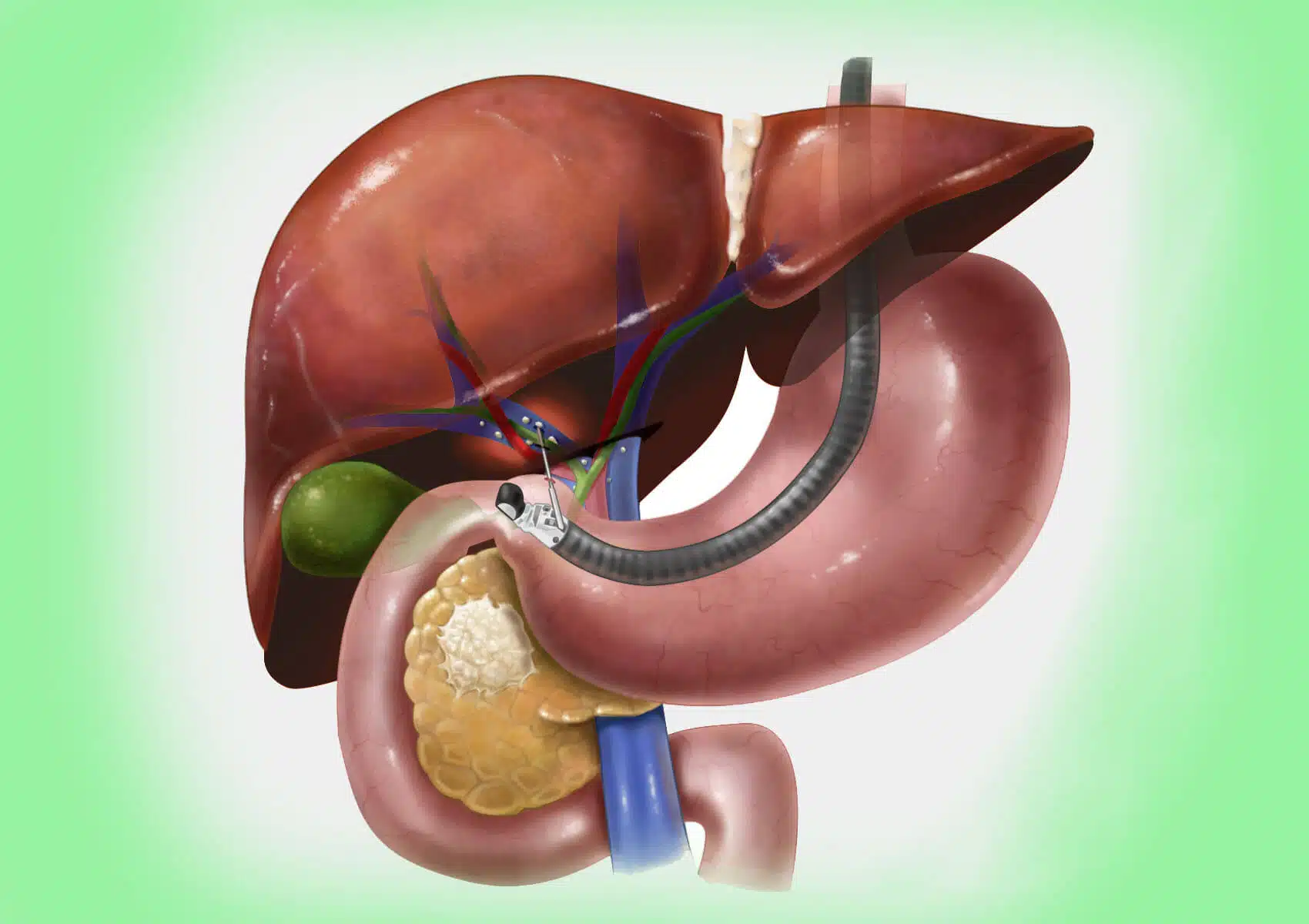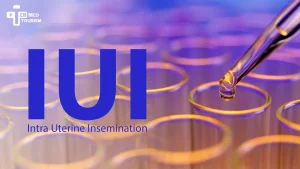What is ERCP (endoscopic retrograde cholangiopancreatography)?
ERCP (endoscopic retrograde cholangiopancreatography) process, is a method to treat problems in the liver, bile ducts, gallbladder, and pancreas and also diagnose these problems. It connects information from X-ray and the use of an endoscope. Your doctor guides the scope over mouth and throat, then down the throat, stomach, and the first part of the small intestine. Mostly your healthcare provider could view other related organs and check for difficulties. Next, a tube is passed over the scope and inserts a dye. This shows the organs on X-ray separately.
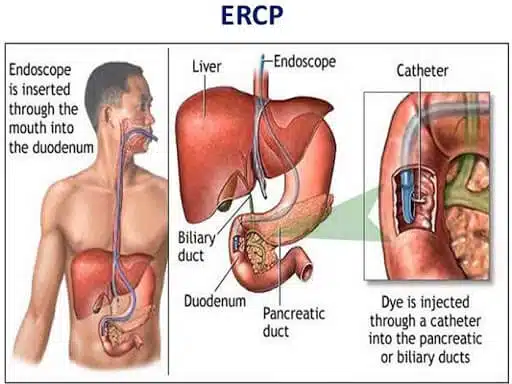

Probable risks of ERCP
You may want to ask your doctor about the quantity of radiation used throughout the test. Also, we highly recommend you to ask about the threats as they apply to you. All X-rays test can be done on you including X-rays for additional health problems. The risks of radiation exposure may be tied to the number of X-rays you have over time. If you are pregnant or gest you might be, inform your doctor because Radiation contact through pregnancy might bring some unexpected birth problems for the child. Tell your doctor if you have some allergic to specific medicines. Some probable complications of evaluated organs can be treated depending on the degree of problems.
What happens during ERCP?
An ERCP (endoscopic retrograde cholangiopancreatography) is done in a specific clinic or hospital. Processes can vary based on your condition. Take it easy because you do not sense any pain while ERCP (endoscopic retrograde cholangiopancreatography). If you have some problems related to ERCP (endoscopic retrograde cholangiopancreatography), tell your surgeon to provide more information about the process and its results. The success of ERCP (endoscopic retrograde cholangiopancreatography) process is high and always brings more advantages that is why highly used. In the past, some patients argued that all related risks can cause more problems and the cure is worse than the disease, however nowadays with advance in medical science and devices, it is more popular with minimum complications and side effects.

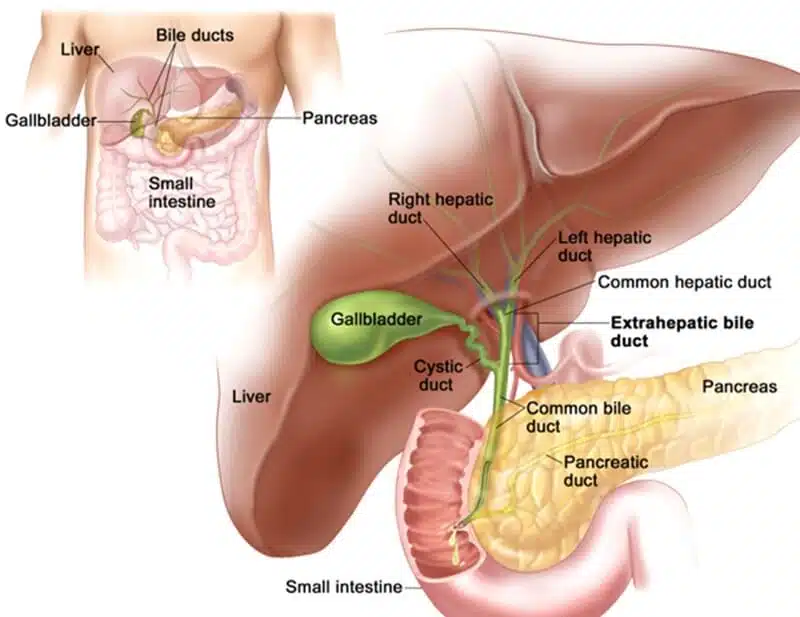
What happens after ERCP?
After the process, usually, you are asked to stay in the recovery room. Once your breathing, blood pressure and pulse are stable and you are ready, then you discharged home or supposed to stay at hospital room. If this process was done easily, you will discharge from hospital so ask someone to drive you home. Most of the time you will not be permitted to eat or drink anything for a couple of days.
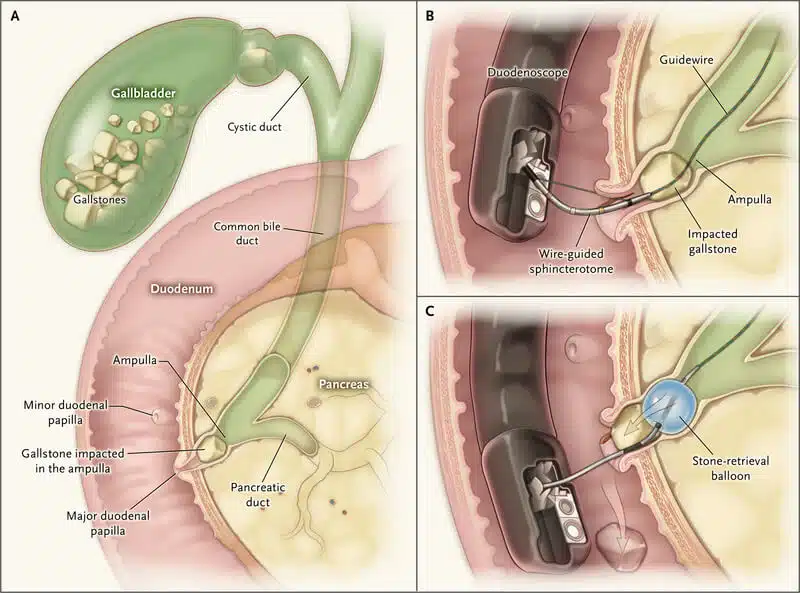
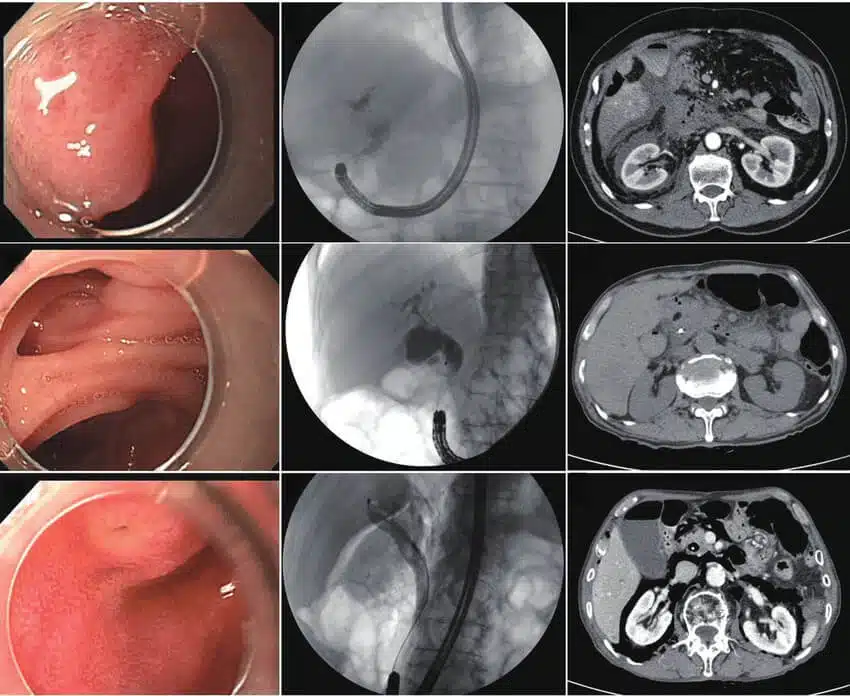
Tell your doctor if you are struggling with any of the following symptoms:
- Fever or chills
- Redness
- bleeding
- Drainage from the IV line
- Abdominal pain
- Nausea
- vomiting
- Black, or bloody stools
- Sever trouble with swallowing
- Throat pain that worsens
After the surgery, your doctor might give you additional guidelines by considering your situation.







